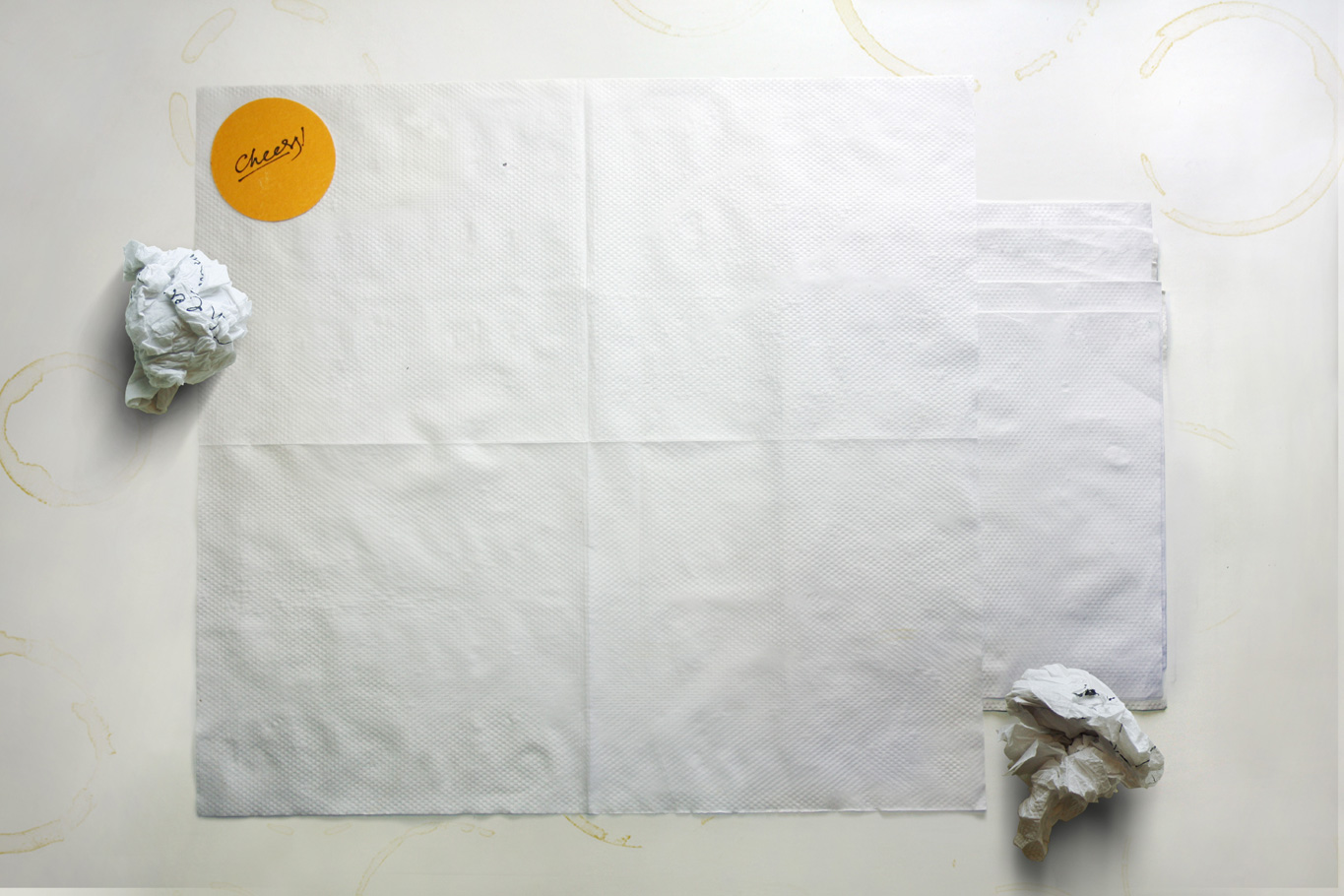Conference rooms, LED TVs and biscuits cost money. So we decided that our main investment in this would be our minds. Most often this careful strategy has turned raised eyebrows into curved lips. Because first impressions are never more in demand than lasting results.
The 4 methods that accompany us in our work are simple.
Cheersism 1: Come unbiased
Creativity begins with total nullification of prejudice. So we don't leaf through award books just after we read a brief. We don't checkout other ads in a similar category. Instead we just go somewhere, do something, come back, pray, sin, doodle, murmur, take a shower. That way, what finally comes out is our own. And anyway it terrifies us to think the words 'inspiration' and 'imitation' sound so similar!
Cheersism 2: Go basic
We start at the question: Does this require advertising, and is advertising the best solution. Then we move on to: Is a TV commercial or a print ad or whatever really the most feasible thing to do. And finally: What exactly is it that makes creative communication a better option in this case than boring old plainspeak, or, what would we lose if we just said it straight. We sometimes end up losing business but hey, we promised we would be honest.
Cheersism 3: Be bold
An idea might be dumb, clichéd, stupid, but it's never wrong. So we encourage each other to spit it out. Come to think of it, each of us at Cheers! hates big agency hierarchies that smother ideas and kill people's confidence by downright ridicule. After all the many wives of creativity - instinct, impulsiveness and irreverence - are closer to stupidity than to wisdom.
Cheersism 4: The client isn't always the idiot
When a client asks us to make the logo bigger we try to find a way other than the conventional options of kissing it or kicking it. We try to find out why he wants the logo bigger. Most often an honest enquiry tells us something we didn't know. Then we try to address the problem in the best way, even if that way is to really make the logo bigger.But all said, if indeed we find the client is the one wrong, we’ll politely point that out.
